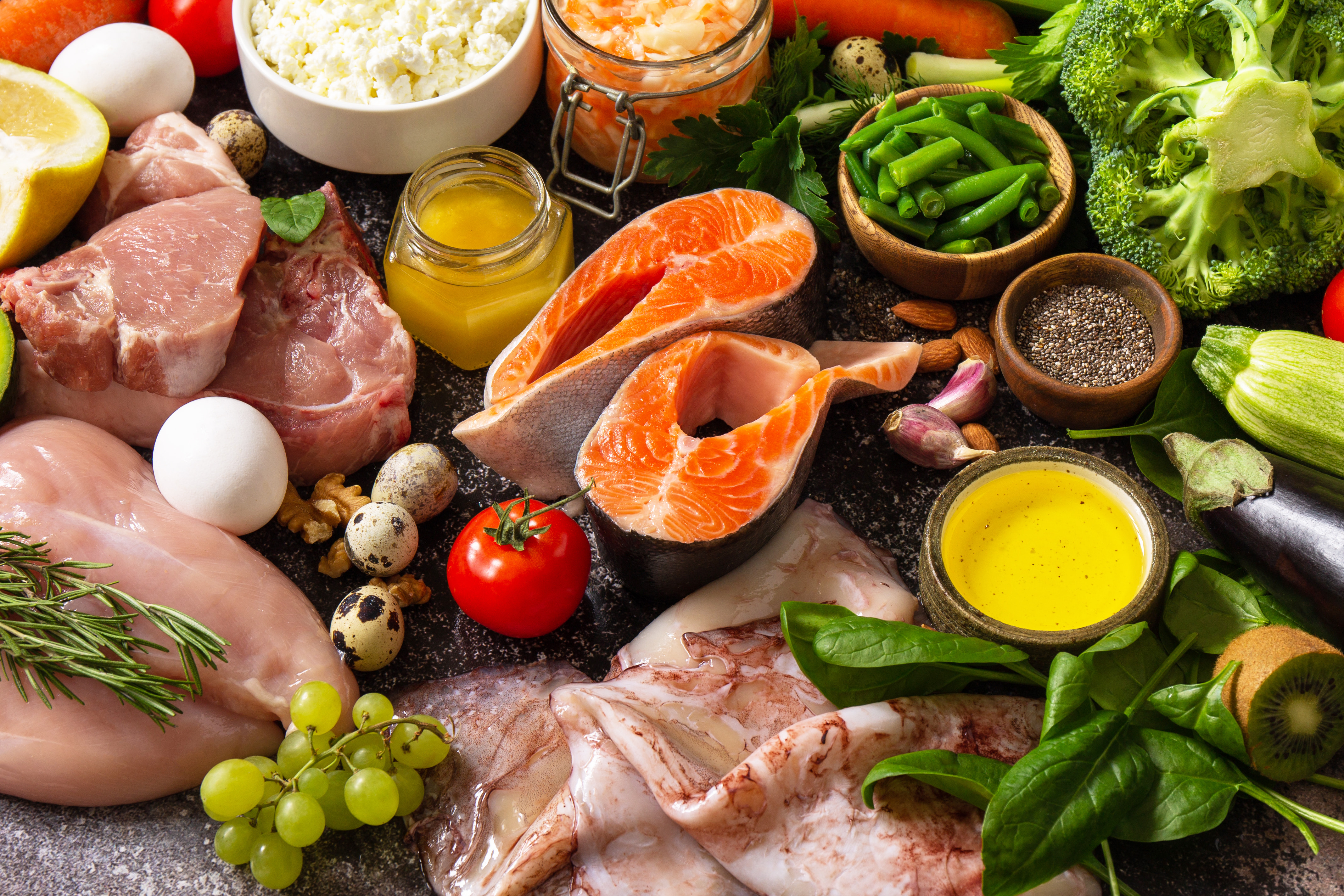With so much conflicting information about carbs and the rising popularity of low-carb diets, you may be confused about how and where carbs should fit into your eating plan. Here is a quick overview of the role of carb-containing foods and which foods to consider including and avoiding.
Carbohydrate is found in the foods we eat in the form of starches and sugars – both added sugars and the naturally occurring sugars in fruit and dairy foods.
Carbohydrate is an important fuel source for the body. When you eat carbs, either in the form of starches or sugars, they break down to glucose, which is absorbed into your bloodstream. Insulin then takes glucose from the bloodstream into your muscles and cells to use for energy. For this reason, many people find that cutting out carbs can lead to poor energy levels and fatigue, and can make exercise difficult.
Many carbohydrate containing foods also provide important health benefits. These include fruits, vegetables, wholegrains and legumes.
Low-carb diets are often promoted for weight loss and managing blood glucose levels. However, studies show that while low-carb diets often lead to more rapid initial weight loss and reductions in blood glucose levels (in the first 6-12 months), in the longer term they don’t appear to be any better than low-fat, or other types of energy-restricted diets. They can also be pretty hard for most people to stick to. And unless you can continue your new way of eating for the long term, it’s unlikely that any benefits will be sustained.
There are certainly some carbs that are best avoided for health and weight management. These include nutrient-poor, highly processed carb foods containing refined grains and added sugars. However, cutting out nutrient-dense carbohydrate foods such as wholegrains, fruit, vegetables and legumes is unnecessary for weight or blood glucose management, can lead to nutrient deficiencies and may increase the risk of other chronic diseases. In fact, research has shown that eating more of certain carbohydrate-rich foods including wholegrains, legumes, fruit and vegetables is associated with a reduced risk of many chronic diseases, including cardiovascular disease, type 2 diabetes and some types of cancer.
So, rather than cutting out carbs, it is better to be choosy about which carbs you eat.
The best carb choices are those that are minimally processed, high in fibre and nutrient-dense, such as:
- fresh fruits
- vegetables (although non-starchy vegetables have very little carbs)
- legumes including lentils, chickpeas and dried or canned beans
- wholegrains such as rolled or steel-cut oats, barley, quinoa, cracked wheat (burghul), buckwheat and brown rice
- dense wholegrain breads
- wholemeal or wholegrain pasta or noodles
- unsweetened dairy foods like milk and natural yoghurt
The carb foods that are best to avoid or limit are nutrient-poor foods containing refined grains and added sugars, including:
- Snack foods such as biscuits, cakes, lollies, chocolate and chips
- Sweetened dairy foods, including flavoured milks, flavoured yoghurt and ice-cream
- Refined grains including white bread, puffed and flaked breakfast cereals and white rice
- Sugar-containing drinks including soft drinks, cordials and energy drinks
- Fruit juices
- Added sugars including table sugar, glucose, honey, maple syrup, rice syrup and agave nectar


